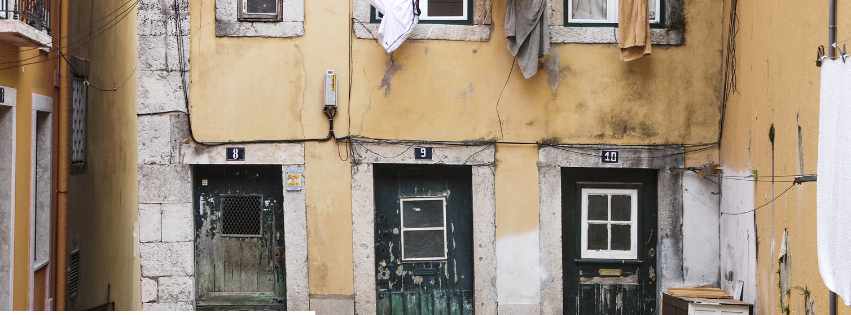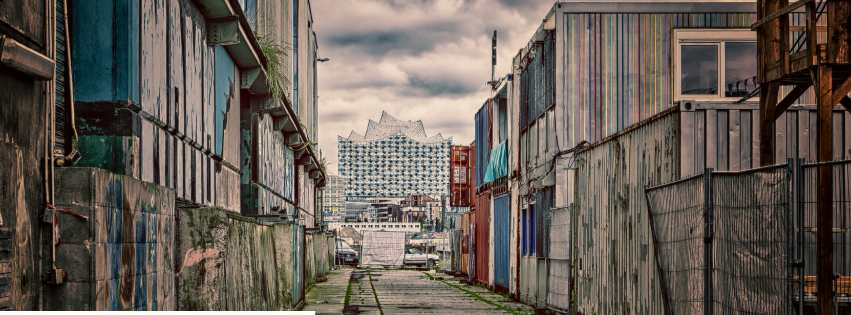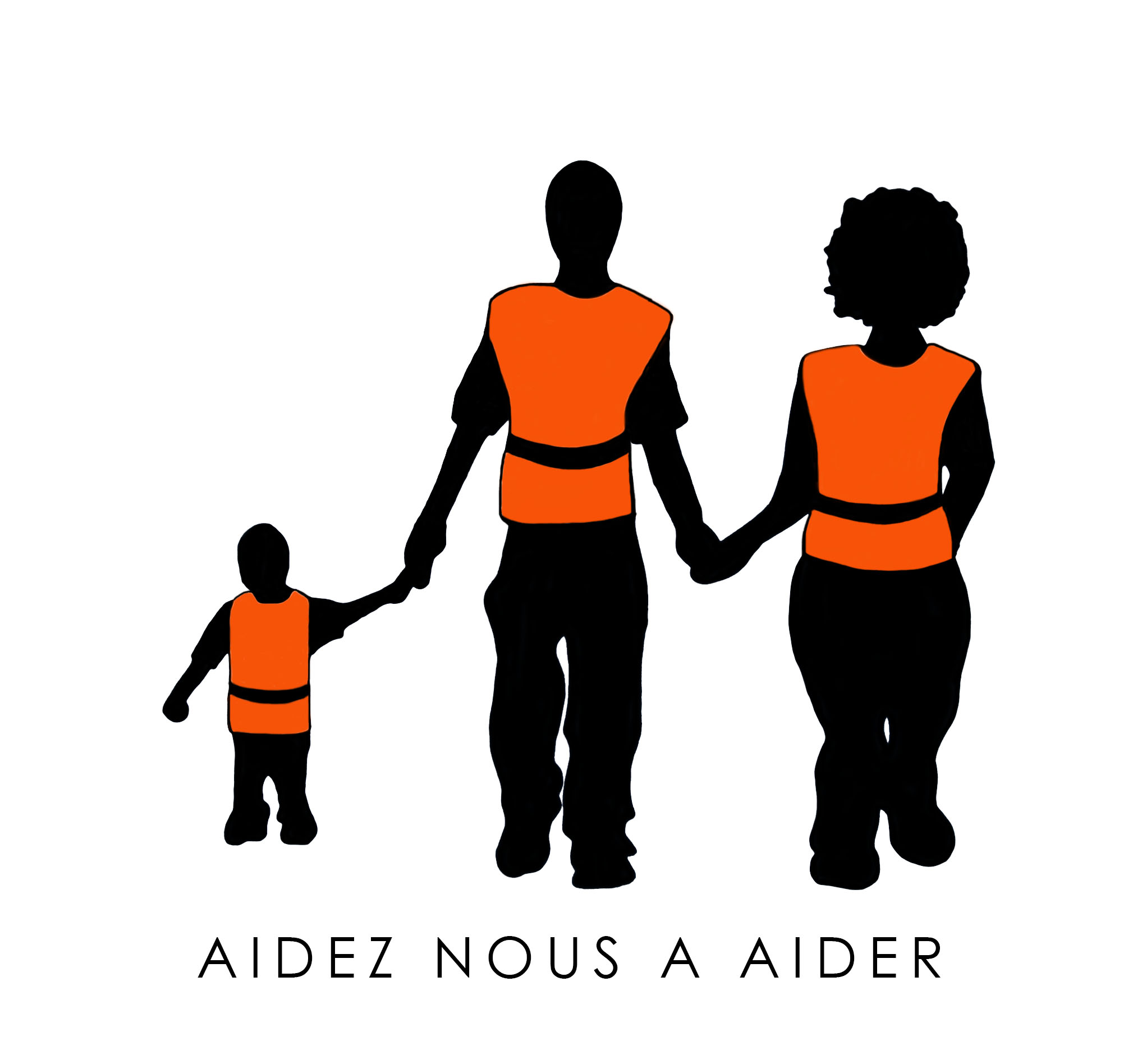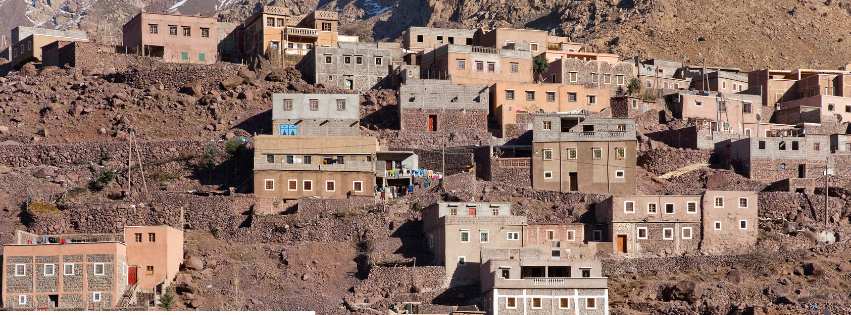In recent years, Morocco has experienced a notable increase in the number of migrants arriving from sub-Saharan Africa. This influx has positioned Morocco as a key transit and destination point for migrants, with many individuals passing through the country on their way to Europe. However, alongside those who continue their journey, a substantial portion of migrants opt to settle within Morocco’s borders.
Despite their decision to stay, these migrants encounter numerous obstacles, particularly in securing suitable housing. This challenge stems from various factors, including limited financial resources, legal restrictions, and social barriers. As a result, many migrants find themselves grappling with the daunting task of finding adequate accommodation that meets their needs and preferences.
The housing dilemma faced by migrants in Morocco underscores the complexities of migration and integration processes. It highlights the importance of addressing housing issues as part of broader efforts to support migrant communities and promote social inclusion. Moreover, it underscores the need for collaborative initiatives involving government agencies, civil society organizations, and international partners to develop sustainable solutions that ensure all migrants have access to safe and dignified housing options.
Discrimination in the housing market poses a significant barrier for migrants in Morocco, exacerbating their already challenging quest for adequate accommodation. Being perceived as foreigners, migrants frequently confront obstacles when attempting to rent apartments or obtain housing loans. This discriminatory treatment can manifest in various forms, including landlords refusing to rent properties to migrants, imposing higher rent prices, or demanding additional documentation solely based on their nationality, ethnicity, or legal status.
Such discriminatory practices create a hostile environment for migrants, leaving them vulnerable to housing insecurity and exploitation. Moreover, it perpetuates social inequalities and reinforces negative stereotypes, further marginalizing migrant communities. This systemic discrimination not only undermines the fundamental rights of migrants but also impedes their integration into Moroccan society.

Addressing discrimination in the housing market requires concerted efforts from multiple stakeholders, including government authorities, housing agencies, civil society organizations, and the broader community. Legal reforms and anti-discrimination legislation can help combat discriminatory practices and hold accountable those who engage in them. Additionally, awareness-raising campaigns and cultural sensitivity training can promote inclusivity and foster a more welcoming environment for migrants in the housing sector.
By addressing discrimination in the housing market, Morocco can create opportunities for migrants to access safe and dignified housing, thereby enhancing their integration prospects and contributing to social cohesion and harmony within the country.
Furthermore, legal barriers compound the already daunting housing challenges confronting migrants in Morocco. The country’s housing laws and regulations often impose restrictions on migrants’ access to certain types of housing or mandate stringent documentation requirements for renting or purchasing property. These legal hurdles create significant obstacles for migrants, further limiting their housing options and exacerbating their vulnerability.
Moreover, migrants with irregular immigration status face heightened risks of eviction or deportation when attempting to secure housing. Fear of encountering authorities while seeking accommodation adds an additional layer of complexity to the housing situation for migrants, deterring many from seeking formal housing options and pushing them towards informal settlements or precarious living arrangements.
The intersection of legal barriers and housing insecurity underscores the urgent need for comprehensive policy reforms and legal protections to safeguard the housing rights of migrants in Morocco. Addressing these legal challenges requires a multifaceted approach, including legislative reforms to ensure equal access to housing regardless of immigration status, streamlining administrative procedures for documentation, and enhancing legal aid services for migrants facing eviction or deportation threats.
By dismantling legal barriers and promoting inclusive housing policies, Morocco can create a more equitable and just housing landscape for migrants, fostering social integration and enhancing their overall well-being within the country. Additionally, addressing legal constraints can contribute to a more inclusive and cohesive society, where all individuals, regardless of their background, have equal opportunities to access safe and dignified housing.
Socioeconomic factors exert a profound influence on the housing predicament confronting migrants in Morocco. Upon their arrival, many migrants find themselves grappling with limited financial resources, which significantly constrain their ability to secure adequate housing. The soaring rental prices in urban areas pose a formidable barrier, often surpassing the financial means of migrants and compelling them to seek alternative accommodation options.
Consequently, a considerable number of migrants are compelled to reside in overcrowded and substandard housing conditions, characterized by informal settlements or dilapidated buildings. In these marginalized settings, access to basic amenities such as clean water, sanitation facilities, and electricity is often lacking or unreliable. Moreover, the absence of proper infrastructure and maintenance exacerbates health and safety concerns, exposing migrants to heightened risks of injury, illness, and exploitation.
The precarious living conditions endured by migrants in informal settlements or dilapidated buildings underscore the acute intersection of socioeconomic disadvantage and housing insecurity. Without viable alternatives, migrants are relegated to the fringes of society, grappling with the indignity of inadequate housing while striving to navigate the complexities of their new environment.

Also Read: What are the mental health challenges faced by migrants and refugees?
In response to these challenges, various initiatives have been launched to address the housing needs of migrants in Morocco. Non-governmental organizations (NGOs), international agencies, and civil society groups are working to provide housing assistance, legal aid, and social support services to migrants. These organizations aim to empower migrants to access safe and dignified housing while advocating for policy reforms to protect their rights.
Despite the concerted efforts aimed at improving the housing situation for migrants in Morocco, significant gaps persist, preventing many from accessing adequate housing. Discrimination, legal barriers, and socioeconomic disparities continue to pose formidable challenges, impeding migrants’ ability to secure secure and affordable accommodation. Discriminatory practices in the housing market, fueled by prejudices based on nationality, ethnicity, or legal status, further exacerbate the housing crisis, perpetuating marginalization and exclusion.
Moreover, legal obstacles, such as restrictive housing laws and documentation requirements, create additional hurdles for migrants seeking housing, limiting their options and perpetuating their vulnerability. Socioeconomic inequalities compound these challenges, with many migrants facing financial constraints that make it difficult to afford housing in urban areas. As a result, migrants are often relegated to overcrowded and substandard living conditions, perpetuating cycles of poverty and social marginalization.
Addressing these complex and entrenched challenges requires coordinated action from multiple stakeholders, including government authorities, civil society organizations, and the international community. Policy reforms aimed at combating discrimination, relaxing legal restrictions, and promoting inclusive housing policies are crucial steps toward creating a more equitable housing environment for migrants. Additionally, initiatives that address socioeconomic inequalities and promote economic empowerment can help alleviate financial barriers to housing access.
In conclusion, the housing situation for migrants in Morocco remains a pressing issue, characterized by discrimination, legal barriers, and socioeconomic disparities. While progress has been made, more concerted efforts are needed to ensure that all migrants have access to safe and dignified housing. By working together and adopting a holistic approach to addressing the root causes of housing inequality, stakeholders can create a more inclusive and equitable housing environment for migrants in Morocco.


Pingback:Migrant children in Ceuta, Spain - Aidez nous a Aider